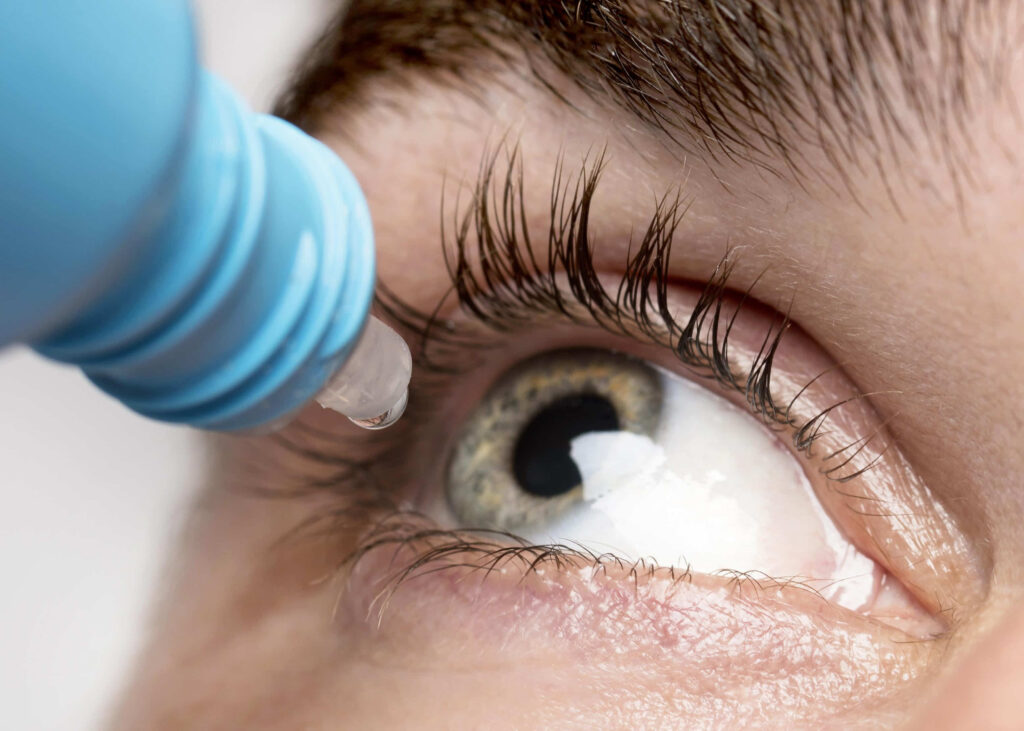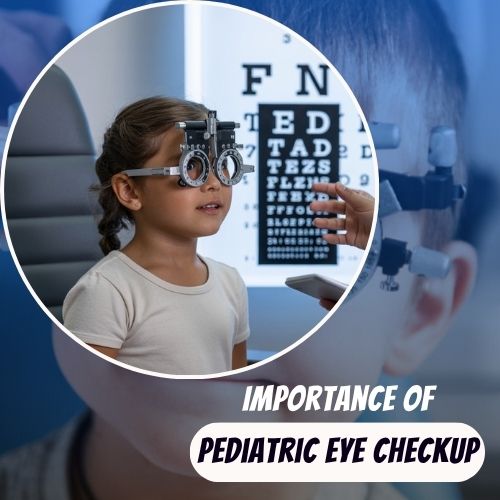Daily Eye Care Routines for Maintaining Good Eye Health
Maintaining good eye health is crucial for overall well-being, yet it often gets overlooked in our daily routines. The eyes are windows to the soul and essential for our day-to-day functioning. In this article, we will delve into the importance of eye health and the role of a daily eye care routine, and we will provide a comprehensive guide on how to take care of your eyes effectively.
Our eyes are intricate organs that allow us to perceive the world around us. Good eye health not only impacts our vision but also influences our cognitive abilities and quality of life. By incorporating a daily eye care routine, we can prevent potential vision problems and maintain optimal eye health.
In addition to keeping good eye health, it is imperative to be aware of common factors that can contribute to eye problems. More prolonged exposure to digital displays, whether from smartphones, computers, or other electronic devices, has become a prevalent aspect of modern life. Blue light sensitivity all the time might result in digital eye strain, which results in dry eyes, discomfort, and impaired vision. To mitigate these effects, it is advisable to follow the 20-20-20 rule: every 20 minutes, take a 20-second break, and look at something 20 feet away.
Furthermore, protecting your eyes from harmful ultraviolet (UV) rays is crucial. Wearing sunglasses with UV protection outdoors can help prevent cataracts and macular degeneration. By incorporating these practices into your daily eye care routine, you can take proactive steps to safeguard your vision and overall well-being.
Bonus Tip: For comprehensive eye care and expert advice, visit Nandadeep Eye Hospital, your trusted partner in eye health. With our advanced technology and dedicated team, you can be sure your eyes are in good hands.
Here are some daily eye care routines for maintaining good eye health
- Role of Daily Eye Care Routine
A daily eye care routine is a preventive measure against common eye issues such as dryness, irritation, and even vision deterioration. By establishing a set of practices, we can improve our eye health, enhance visual comfort, and reduce the risk of developing eye conditions in the future.- Set Reminders: Incorporate eye care tasks into your daily schedule to ensure consistency and make it a habit.
- Create a Comfortable Space: Designate a quiet, well-lit area where you can comfortably practice your eye care routine without distractions.
- Schedule Regular Eye Check-ups: Visit the best eye specialist near you regularly to monitor your eye health and address any issues promptly.

- Daily Practices for Healthy Eyes
- Wash your hands before touching your eyes, remove makeup gently, and avoid sharing eye care products to prevent infections.
- Take breaks from screens every 20 minutes, blink frequently, adjust screen settings, and use blue-light-blocking glasses if necessary.
- Include foods rich in vitamins A, C, and E and antioxidants in your diet to support eye health, such as carrots, leafy greens, citrus fruits, and nuts.

- Exercises and Techniques for Eye Care
- Eye Relaxation Techniques: Practice palming, eye massages, and warm compresses to relax eye muscles and alleviate strain.
- Eye Strengthening Exercises: Perform eye exercises like focusing near and far, tracking objects, and eye rotations to enhance eye coordination and flexibility.
- Reducing Eye Fatigue: Use proper lighting, adjust font sizes, position screens at eye level, and consciously blink to minimise eye strain and fatigue.
- Exercises and Techniques for Eye Care
- Protecting Your Eyes from UV Rays:Beyond wearing sunglasses with UV protection, consider investing in wrap-around styles to minimise peripheral light exposure. Don’t forget a wide-brimmed hat for added defence against direct sunlight. Extra precaution is essential to safeguard your eyes from potentially harmful UV rays when engaging in outdoor activities, especially in reflective environments like snow or water.
- Importance of Sleep for Eye Health: Recognise the pivotal role sleep plays in maintaining optimal eye health. Aim for 7-9 hours of quality sleep each night to allow your eyes to undergo crucial repair processes. Consider creating a bedtime routine and minimising screen time before sleep to ensure restful and rejuvenating sleep. This reduces the risk of eye strain and irritation and contributes to overall well-being.
- Consider Using Eye Drops: Consult with your eye care professional to identify suitable eye drops tailored to your needs. Beyond relieving dryness, redness, and irritation, some eye drops address specific conditions like allergies or contact lens-related discomfort. Follow your eye care provider’s recommendations regarding the frequency of eye drops and proper application to maximise their effectiveness and maintain optimal eye comfort.

FAQs:
1. How often should I get my eyes checked?
It is recommended to have a comprehensive eye exam at least once a year, even if you don’t experience vision problems. Regular check-ups help detect potential issues early and ensure optimal eye health.
2. What are the best foods for eye health?
Foods rich in vitamins A, C, and E, such as carrots, spinach, oranges, and berries, promote eye health. Omega-3 fatty acids from fish like salmon also support retinal function.
3. Is it necessary to use special eye care products for good eye health?
While a balanced diet is crucial, specialised eye care products like blue light-blocking glasses and lubricating eye drops can complement overall eye health. These products offer additional protection against digital eye strain and dryness, especially in today’s screen-centric lifestyle.
Share:
More Posts

Everything You Should Know About Pediatric Eye Exams

काचबिंदू (Glaucoma): नियमित नेत्रतपासणी का आवश्यक आहे?










